**Note: This page is not affiliated with any official organisers of World Emoji Day. It is an unofficial holiday celebrating emojis and their role in communication. For general information, please refer to reputable online sources.
Understanding World Emoji Day in EYFS & KS1
World Emoji Day, celebrated annually on July 17th, is a bright and engaging opportunity to explore emotions and communication with young children! It's a day dedicated to the colourful, expressive world of emojis and how these little digital characters help us share our feelings and messages without words.
For early years settings, nurseries, preschools, childminders, and Year 1 and Year 2 classrooms, this day provides a highly visual and relatable theme for discussing feelings, understanding non-verbal cues, and exploring different ways to communicate. It's about helping children identify and express their own emotions, as well as recognising them in others. This day offers great planning ideas and inspiration for engaging activities that really resonate with young minds, making learning about emotions fun and accessible.
Why Is Teaching About Emotions & Communication Important for Young Children?
Integrating lessons about emotions and various forms of communication into your practice with young children (aged 0-7) is incredibly important for their personal, social, and emotional development. During their early years, children are learning how to navigate their inner world of feelings and interact with others.
Emotional Literacy: Understanding and naming different emotions (happy, sad, angry, worried) helps children to process their feelings in a healthy way. Emojis provide a simple, visual entry point into this complex topic.
Communication Skills: Emojis highlight that communication isn't just about words. Learning to read facial expressions and body language (even simplified emoji ones) enhances their ability to understand and be understood by others.
Social Development: Recognising how others might be feeling builds empathy and helps children respond appropriately in social situations. This is key for developing friendships and collaborative play.
Self-Regulation: When children can identify their emotions, they are better equipped to develop strategies for managing strong feelings, promoting positive behaviour and resilience.
Creative Expression: Exploring emojis encourages children to think about how they can visually represent feelings, sparking creativity in drawing, movement, and storytelling.
Mental Well-being: Open discussions about feelings, supported by visual tools like emojis, contribute to a positive environment for discussing mental health and building healthy minds from a young age.
Engaging Emoji & Emotion Activities for World Emoji Day (0-7 Year Olds)
Making World Emoji Day a truly expressive and understanding experience is easy with these planning ideas and activities perfect for EYFS and KS1 children. The focus is on recognising, expressing, and communicating emotions in fun and creative ways! Many of these early years and year 1 activities can be supported by the extensive range of printable resources we have available.
Here's some inspiration for bringing the world of emojis and emotions into your setting: (Please use your own discretion and knowledge of your children to ensure appropriateness of each activity and safety concerning any materials given and activity undertaken.)
Emoji Emotion Charades: Write or draw different emojis on cards (like our 'Emotions - 'I am feeling...' - Emoji Cards' or 'Emotion Cards - Emojis'). Children pick a card and act out the emotion for others to guess. This is fantastic for non-verbal communication skills.
'Emotion of the Day' Display: Start each day by choosing an emotion to focus on, using a large visual like our 'Emotions - 'Emotion of the Day' - Display (Large)'. Encourage children to talk about a time they felt that emotion.
Feelings Station: Create a designated 'Feelings Station' in your setting. Our 'All About Me - Feelings Station Display' is ideal for this. Provide mirrors, our 'Blank Faces' or 'Blank Faces - Playdough Mats', and drawing materials. Children can explore different facial expressions and talk about how they feel.
'How Are You Feeling Today?' Check-In: Use our 'How Are You Feeling Today? Playdough Mats' or 'Emotions Mat - Emojis' as a daily check-in. Children can point to the emoji that represents their current feeling, or use playdough to create the face. Our 'Emotions Fan - Emojis' or 'Basic Emotions Fan' are great portable tools for this.
Music and Emotion Exploration: Play different genres of music and ask children how each piece makes them feel. Use our 'This music makes me feel...' Emoji Cards Activity' or 'This music makes me feel...' Playdough Mat' to record their responses. The 'Emotions - 'This Music Makes Me Feel...' - Mark Making' resource can inspire creative drawing based on feelings. You can also use our 'This Music Makes Me Feel...' Banner and Emoji Cards Display/Activity' to set up a dedicated area.
Story Time Feelings Talk: Read a story and regularly pause to ask, "How do you think [character] is feeling right now?" and "What makes you say that?" Use our 'Emotions - 'This Story Makes Me Feel...' - Mark Making' for children to respond creatively.
'Why is Teddy Sad?' Activity: Use our 'Emotions - 'Why is Teddy Sad?' Activity Pack' as a stimulus for discussion around empathy and problem-solving. Children can suggest ways to help Teddy feel better.
Kindness Activities: Connect emotions to actions. Discuss how showing kindness can make others (and ourselves) feel happy. Our 'Let's Show Kindness - Activity Prompt Poster' and 'Let's Show Kindness - Activity Prompt Cards' offer great teaching ideas for this.
Coping Strategies: For older children (KS1) or when discussing challenging emotions, use our 'When I Feel Worried - Prompt Templates' and 'When I Feel Angry - Prompt Templates' to help children think about positive ways to deal with big feelings. Our 'Traffic Lights Fan' can also be used as a visual tool for emotional regulation.
Emoji Art & Crafts: Provide simple circular templates (or let children freehand) and encourage them to draw different emoji faces. They can experiment with expressions. Our 'Emotions Colouring - Emojis' pages are perfect for this. You can also use our 'Draw Yourself Smiling! Activity Sheet'.
Communication Board Practice: For children who benefit from visual supports, our 'Picture Communication - 'I feel' Visual Support Board' can be integrated into daily routines to help them communicate their emotions.
Display Lettering Fun: Decorate your setting with emotion-themed lettering using our 'Display Lettering - Emojis - Lower Case Alphabet' and 'Display Lettering - Emojis - Upper Case Alphabet', and even 'Display Lettering - Emojis - Numbers' to connect literacy and numeracy with the theme.
These activities offer great inspiration for making World Emoji Day a memorable and impactful experience in your early years and Key Stage One setting, fostering emotional literacy and communication skills.
To explore ideas surrounding additional early years events, please visit our 'Special Dates Calendar' page.
Printable resources to support teaching & learning surrounding: ‘World Emoji Day’
Additional Pages you may like to explore which cover relevant &/or Connected themes
More Early Years Event Pages for July
International Tiger Day, celebrated annually on July 29th, is a powerful reminder of the majesty and importance of one of the world's most iconic big cats. It's a…
National Marine Week, running from July 26th to August 10th, 2025 (it spans two weeks, encompassing the highest tides), is a fantastic annual celebration of the…
The Big Butterfly Count is an annual citizen science project organised by Butterfly Conservation, usually running for a few weeks in July and August. It's a fantastic…
World Emoji Day, celebrated annually on July 17th, is a bright and engaging opportunity to explore emotions and communication with young children! It's a…
St. Swithin’s Day, observed annually on July 15th, is a fun and traditional day in the UK, especially suited for exploring weather with young children. According to…
Shark Awareness Day, celebrated annually on July 14th, is a fantastic opportunity to challenge misconceptions about sharks and teach young children about these…
Don’t Step on a Bee Day, observed annually on July 10th, is a charming and important reminder to teach young children about the vital role bees play in our…
International Plastic Bag Free Day, observed annually on July 3rd, is a fantastic opportunity to introduce young children to important environmental concepts…
International Joke Day, celebrated on July 1st each year, is a wonderful opportunity to bring laughter, silliness, and a whole lot of fun into your early…
Explore special dates (including awareness dates, festivals, celebrations & events) relevant to your EYFS & KS1 children
Browse our ‘Special Dates Calendar’ page using the link below. You’ll find calendars for every month of the year to aid your planning!
CLICK HERE to visit our ‘SPECIAL DATES CALENDAR PAGE’ for an entire year of key EYFS & KS1 events, festivals & celebrations.
SEARCH ‘LITTLE OWLS Resources’ USING THE FOLLOWING MENU BUTTONS…
Disclaimer:
This page is for educational purposes only and is intended to support early years and primary practitioners with ideas and resources related to 'World Emoji Day'. We are not affiliated with or endorsed by any official organisers of this specific awareness day, as it is a widely celebrated unofficial observance. We do not claim any rights to specific trademarks or official materials associated with this day. For general information, please refer to reputable online sources.






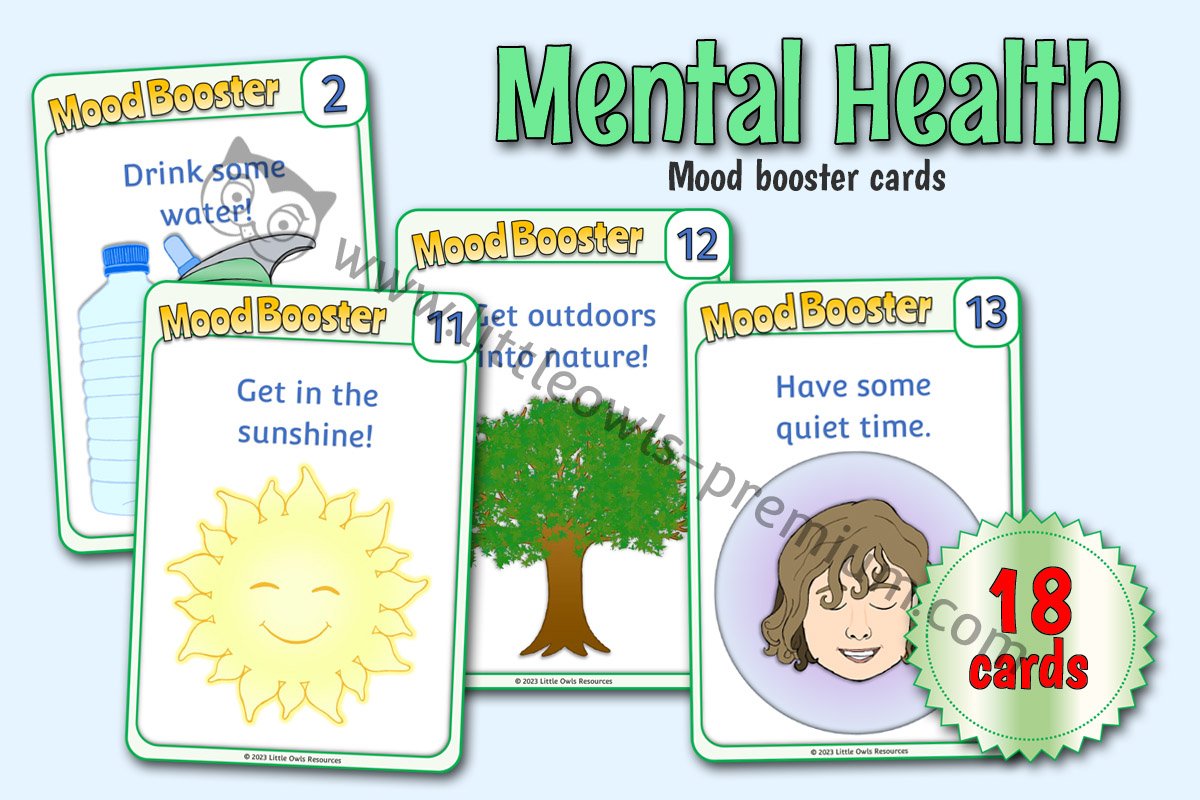






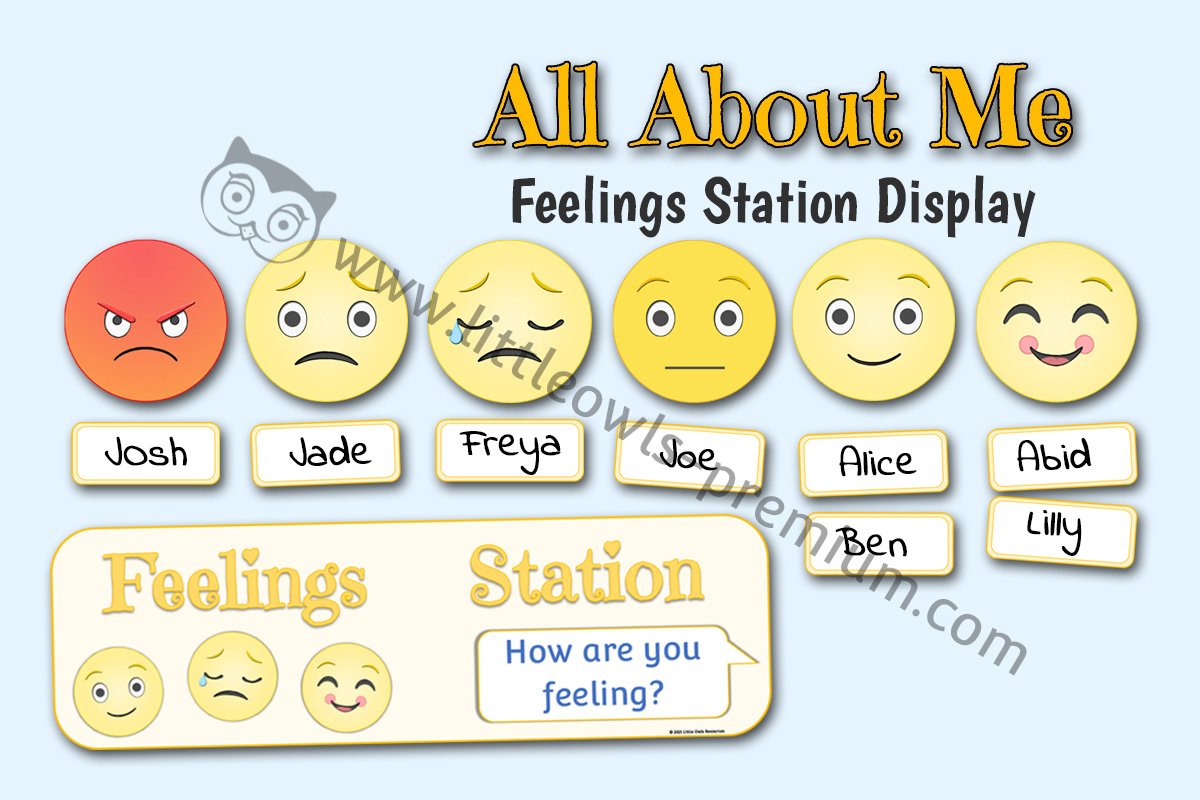












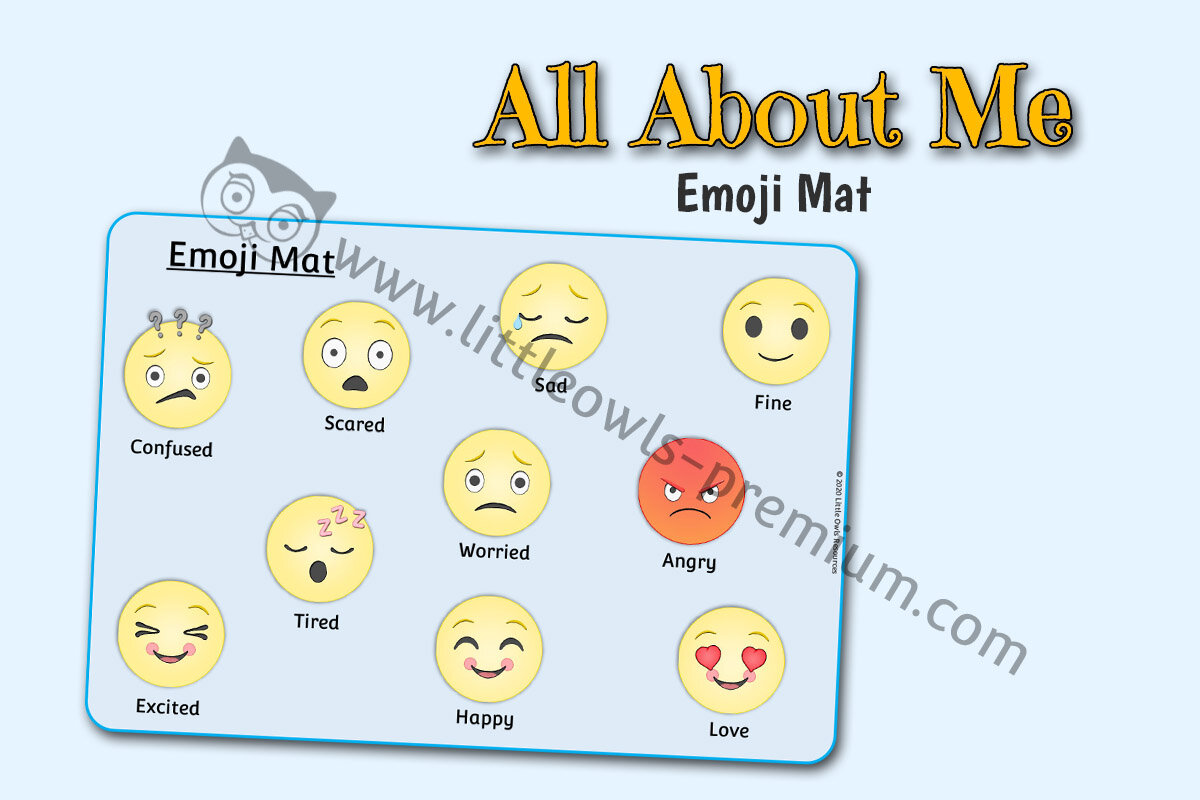
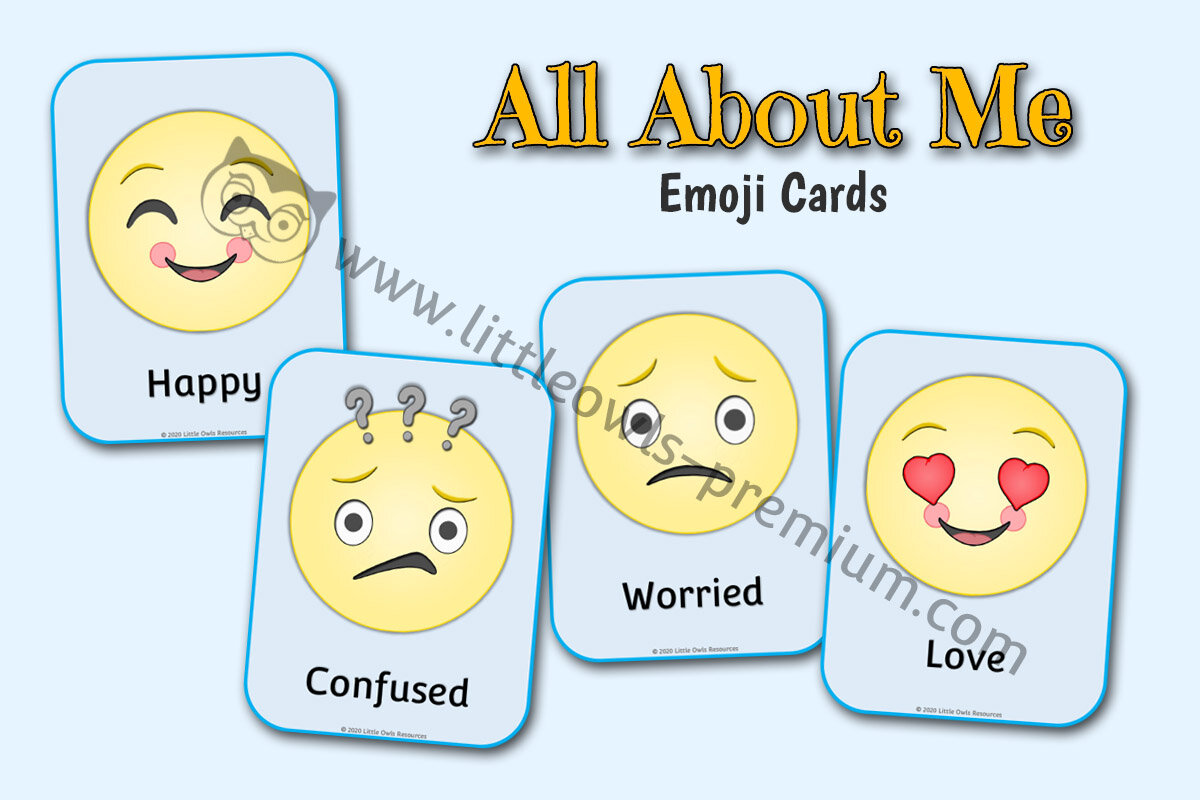
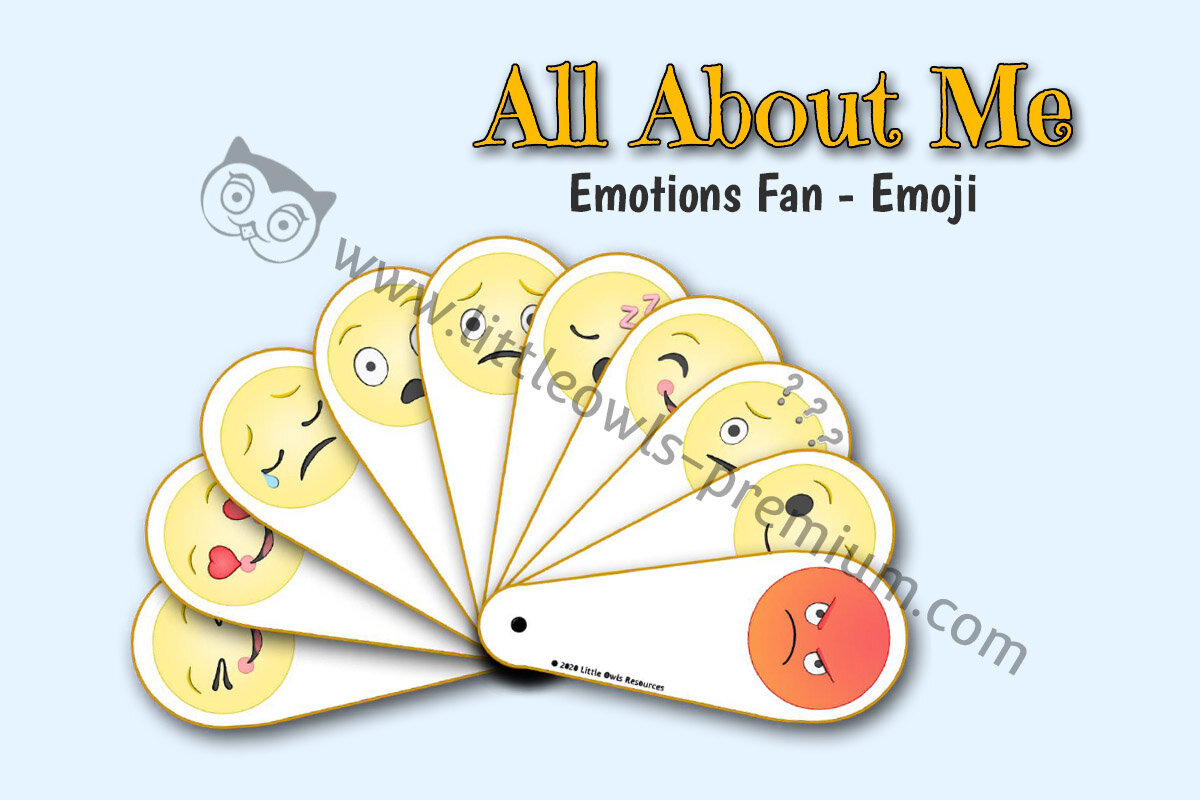




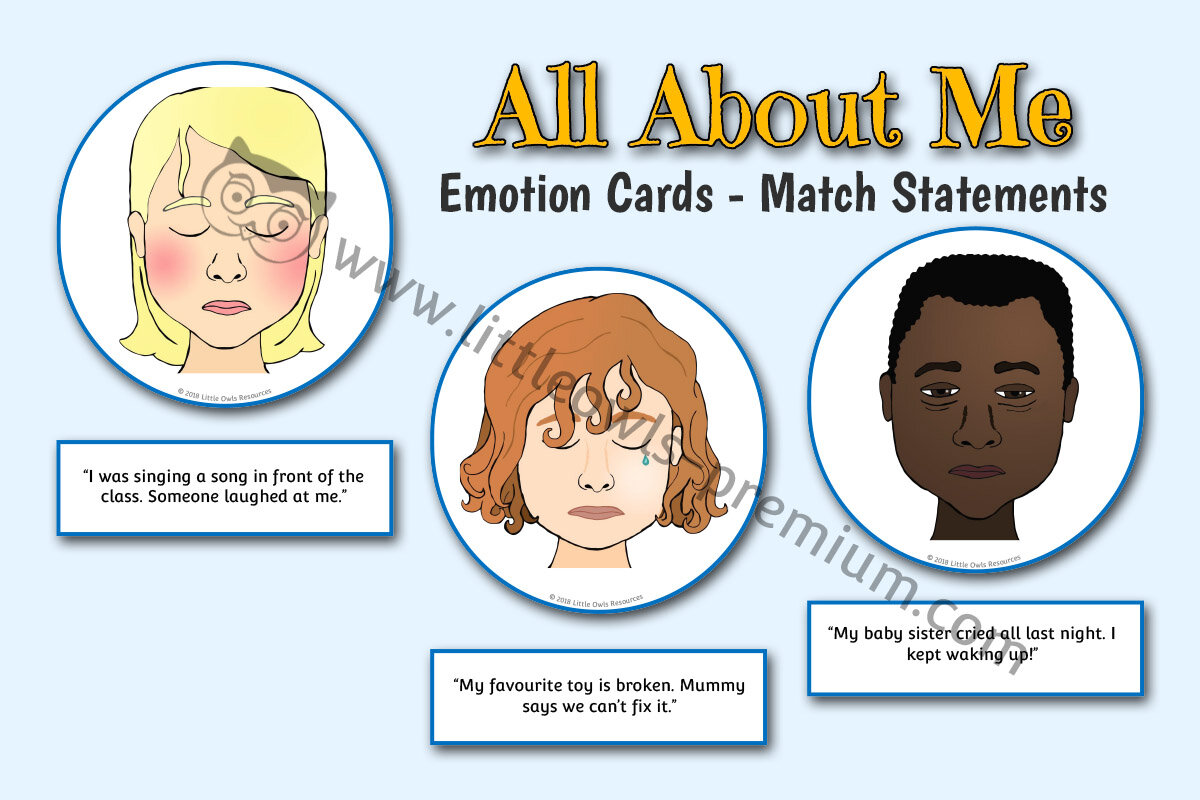
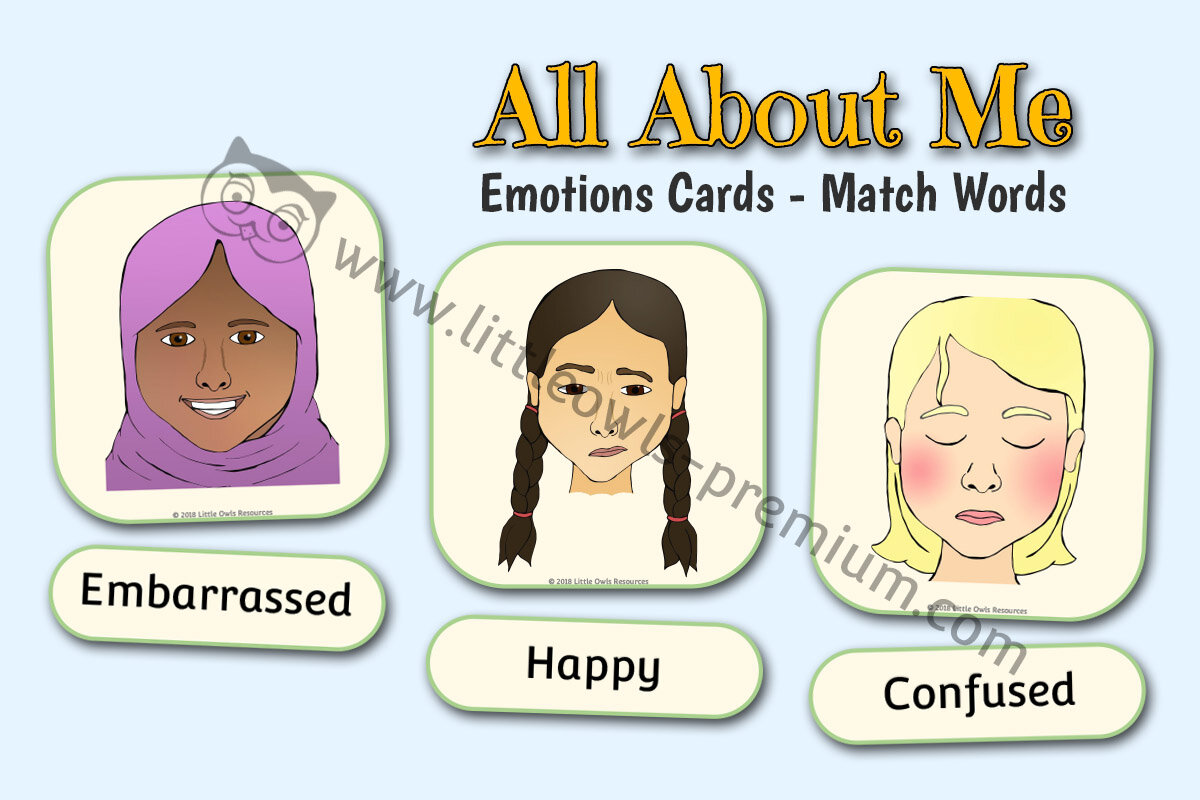

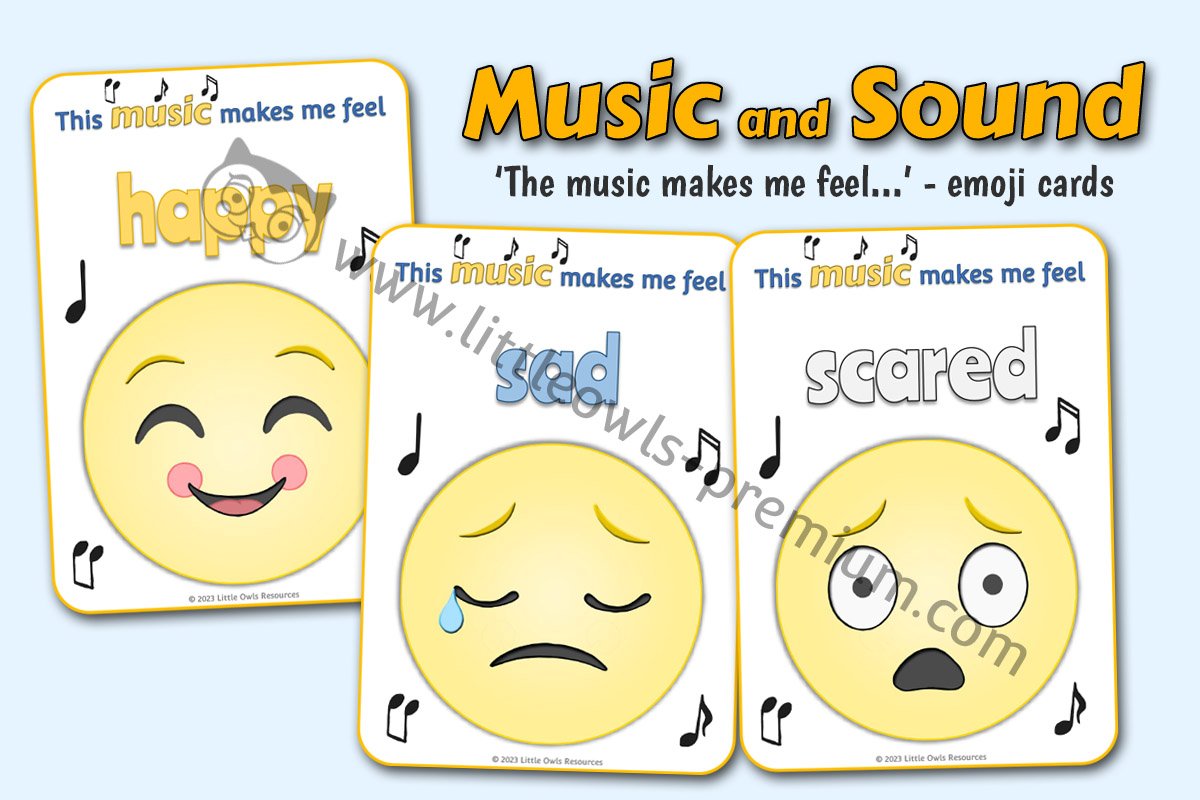





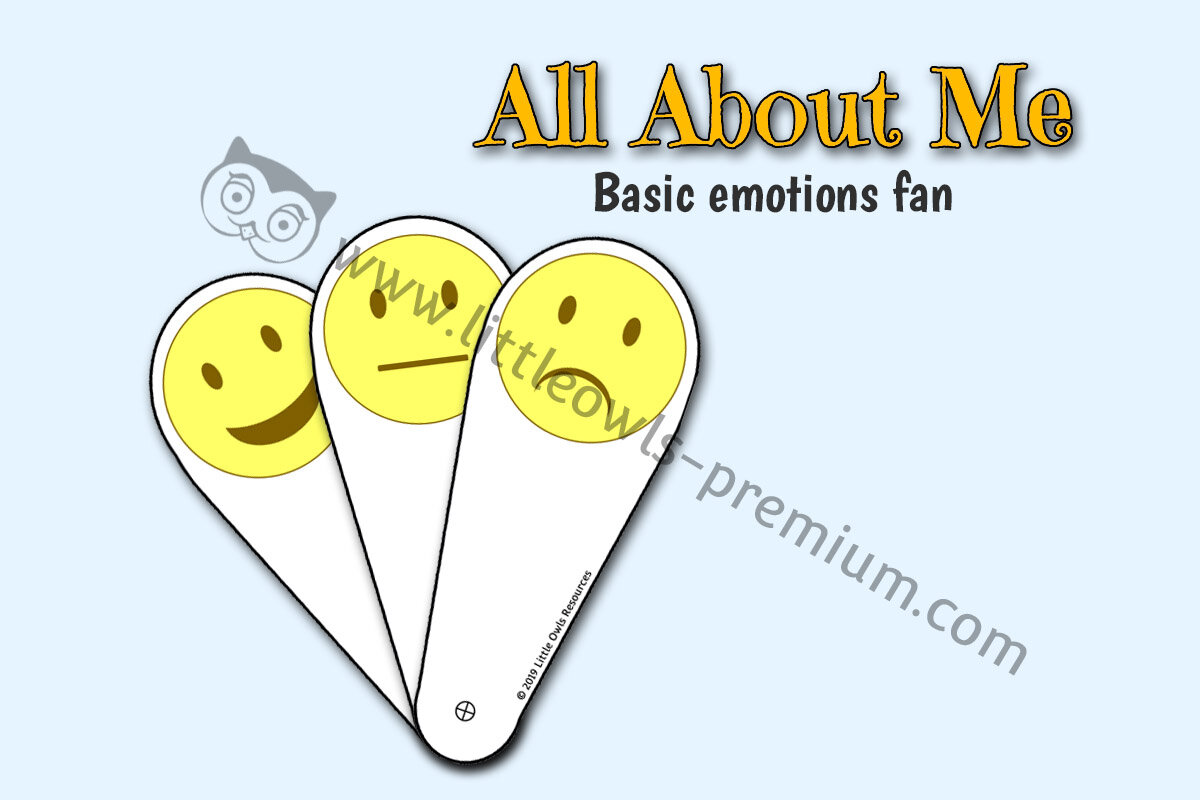

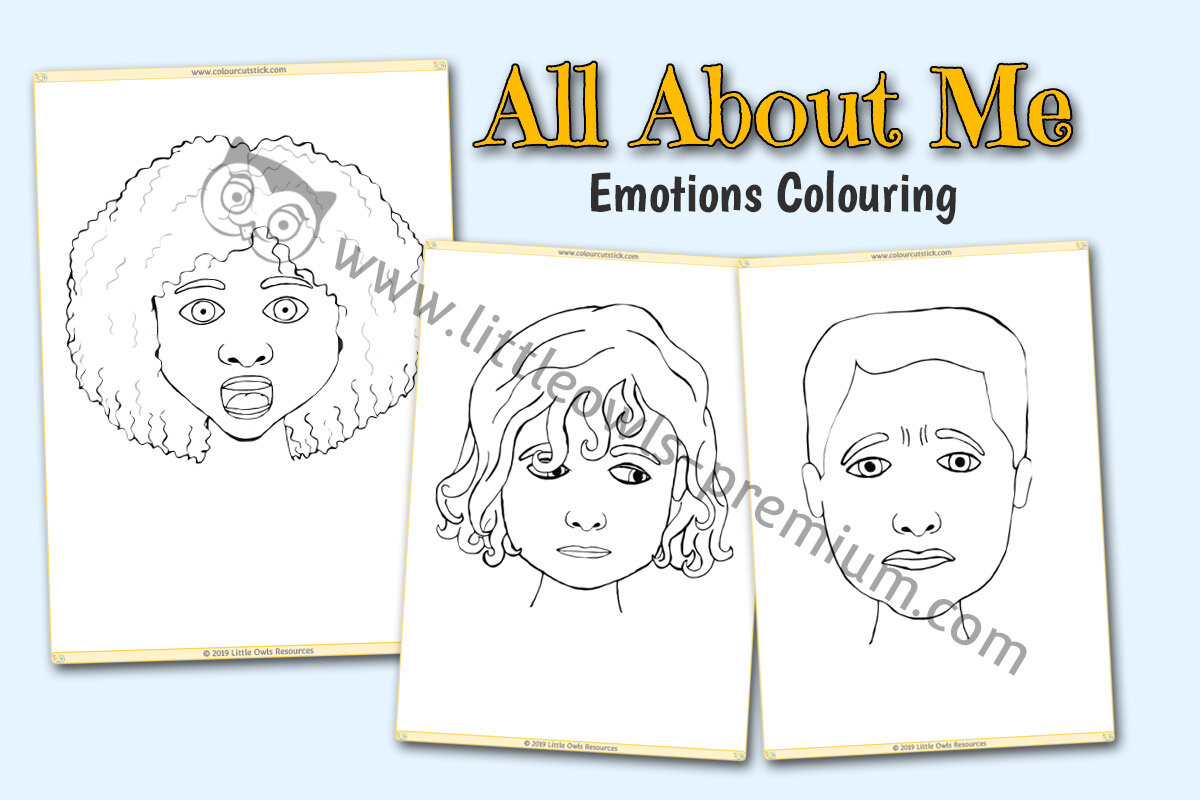
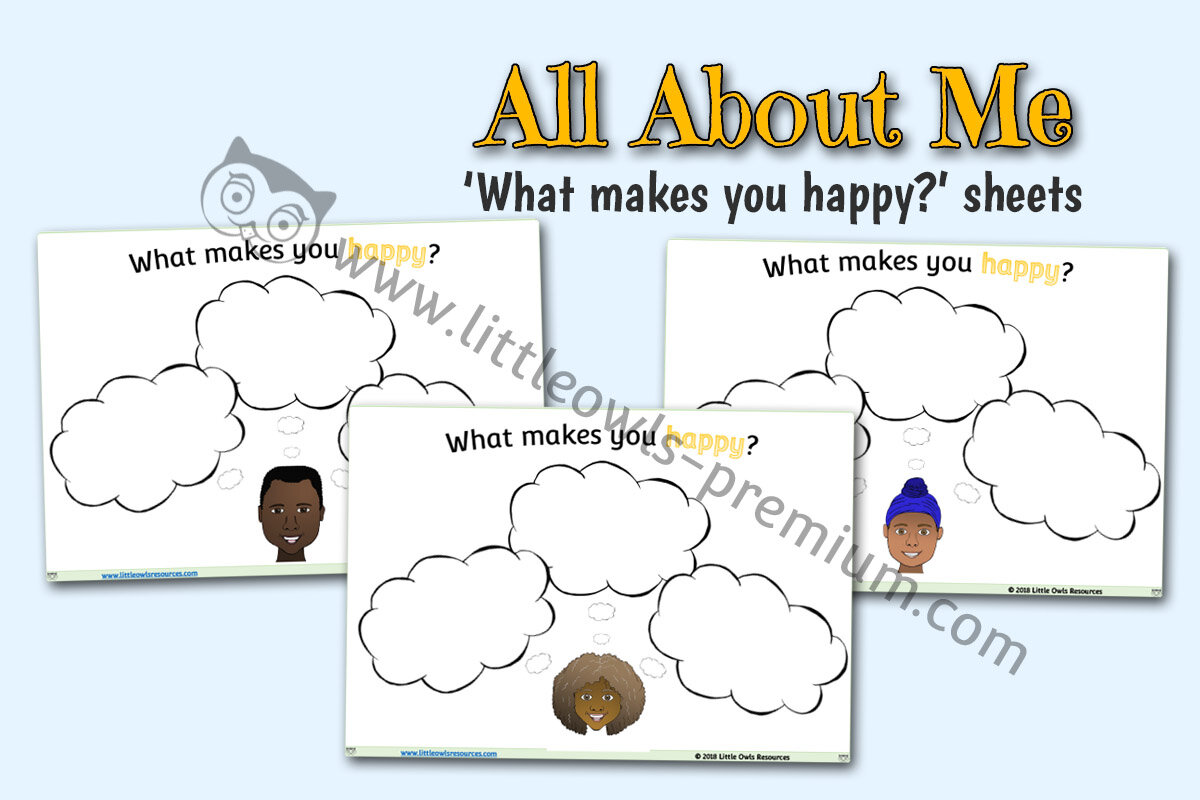
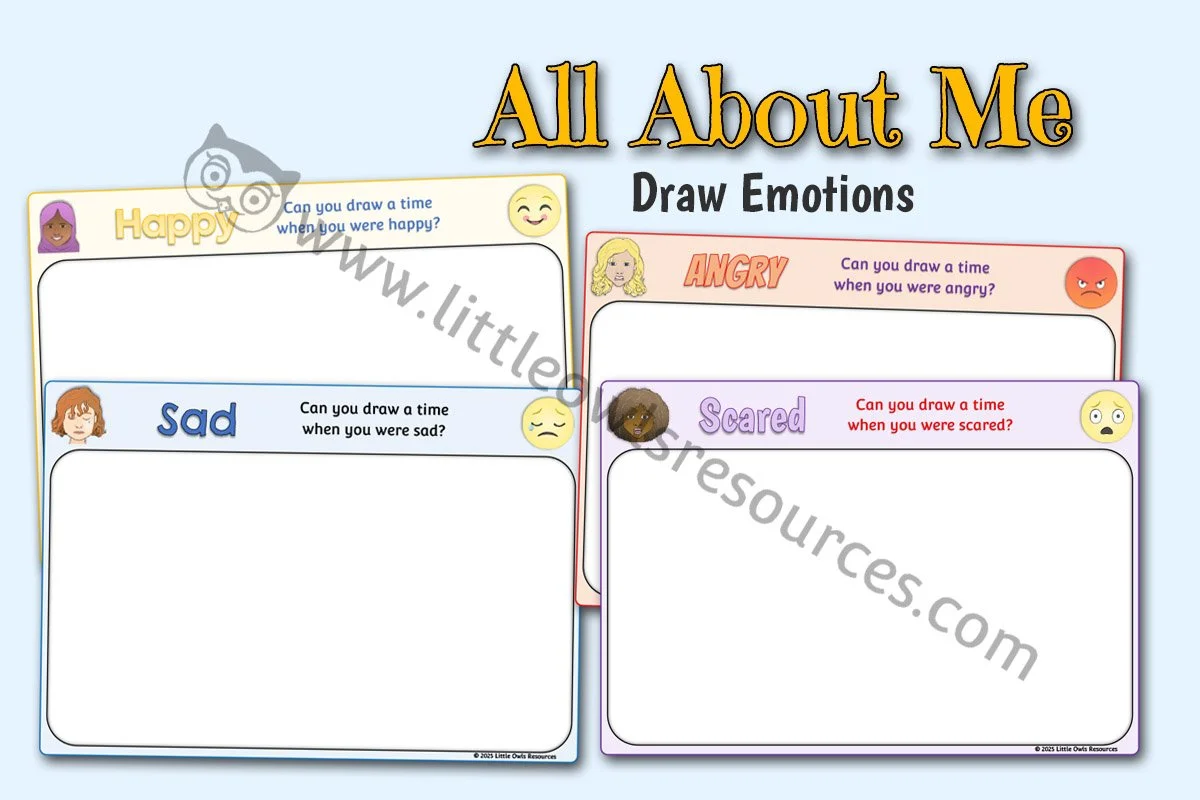
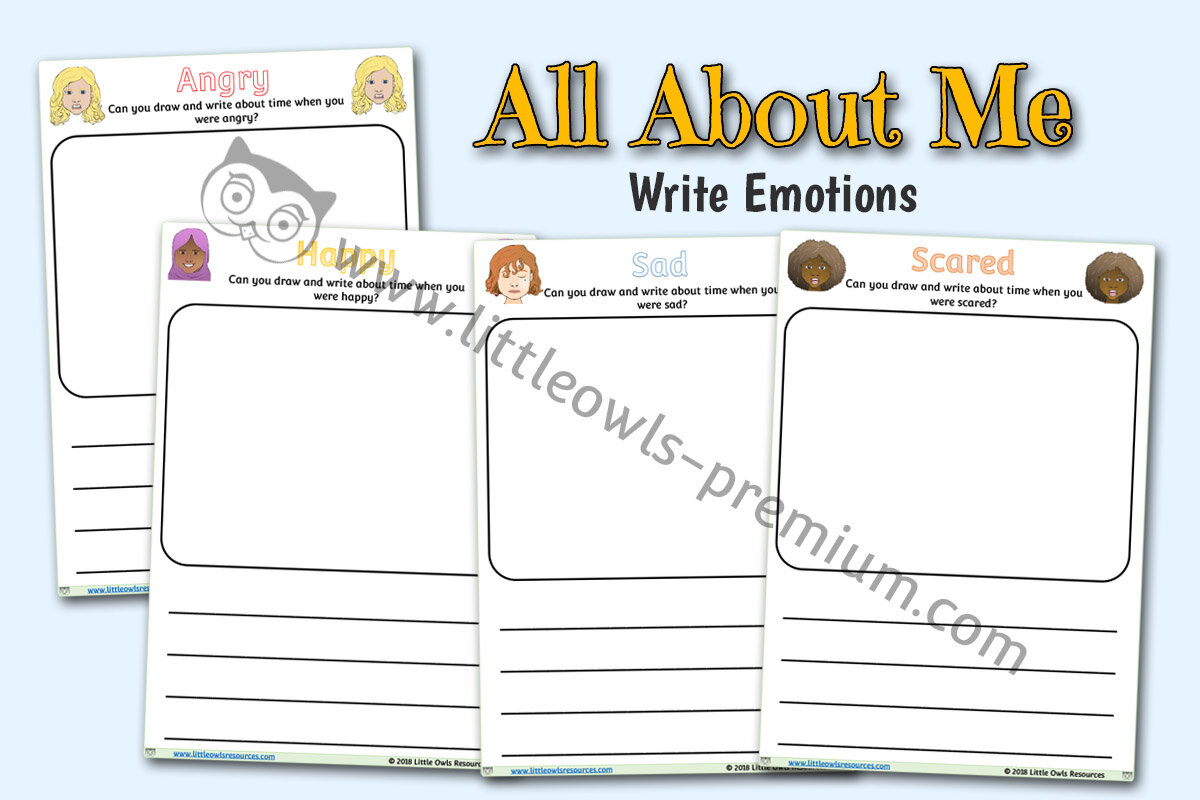
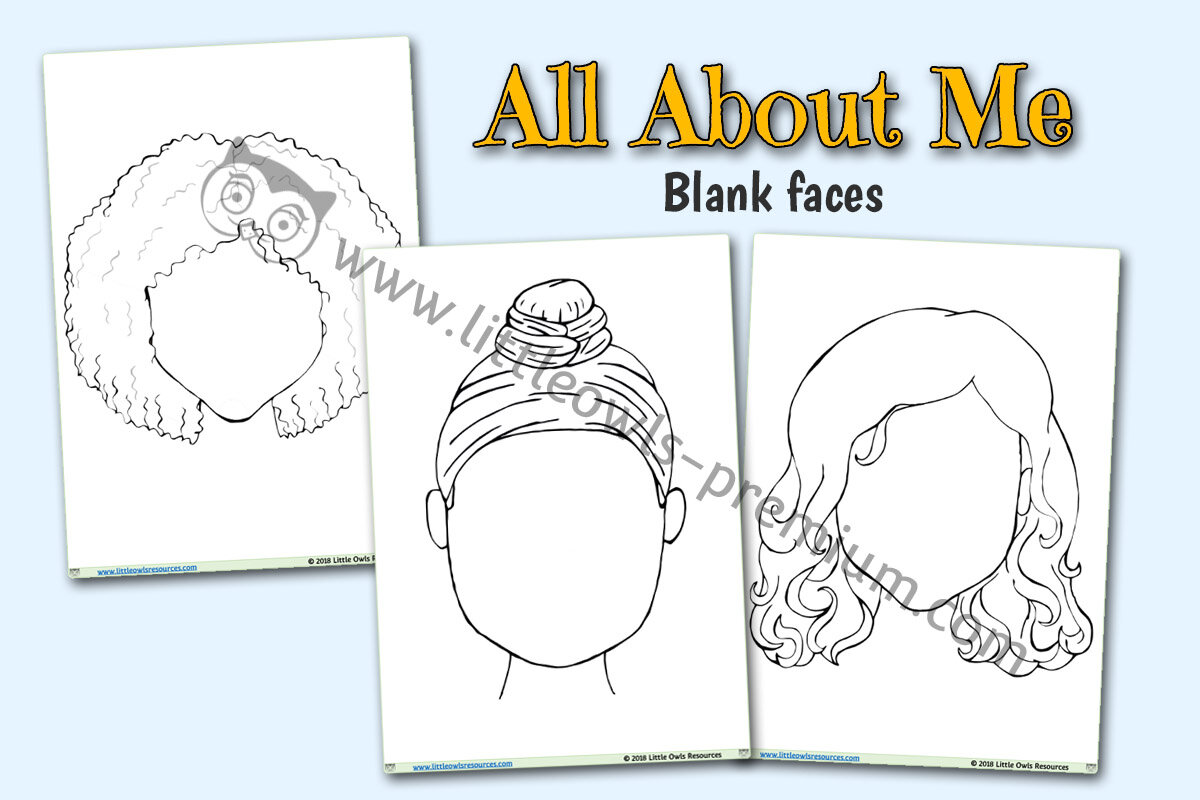


















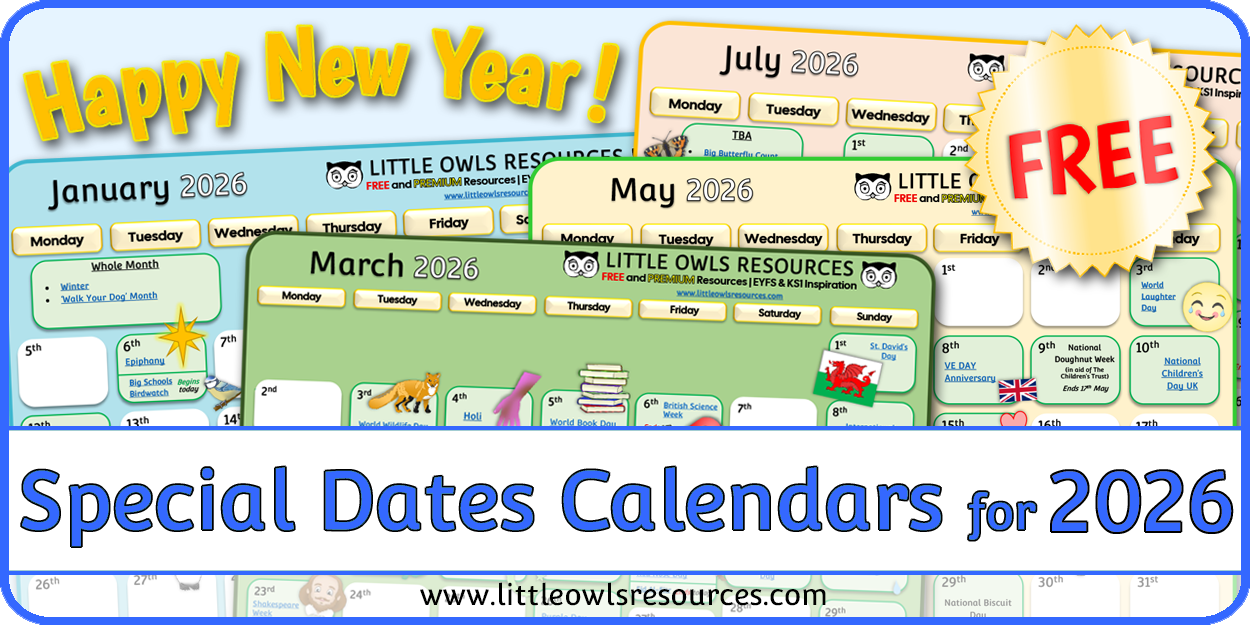
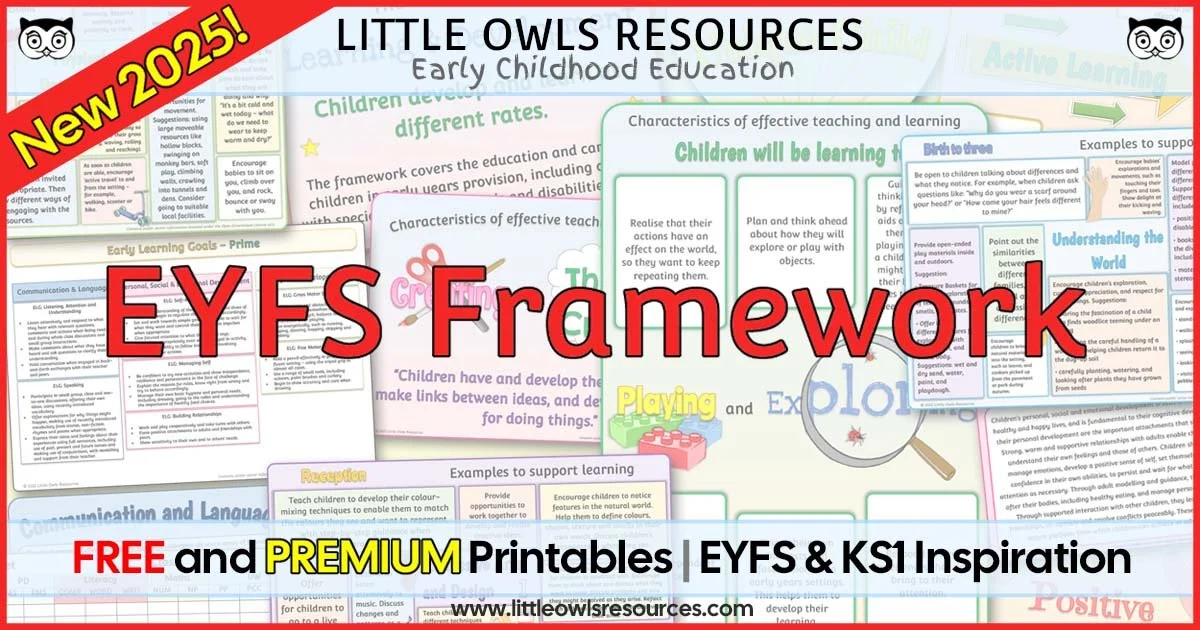

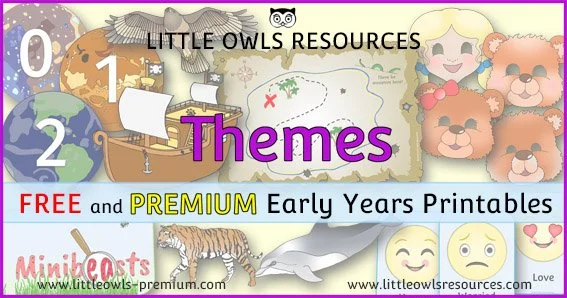

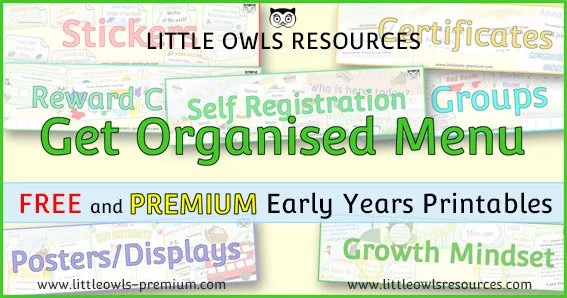

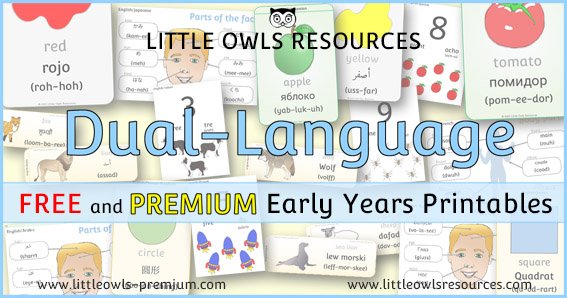
International Day of Friendship (also known as World Friendship Day), observed annually on July 30th, is a heartwarming occasion dedicated to celebrating the…